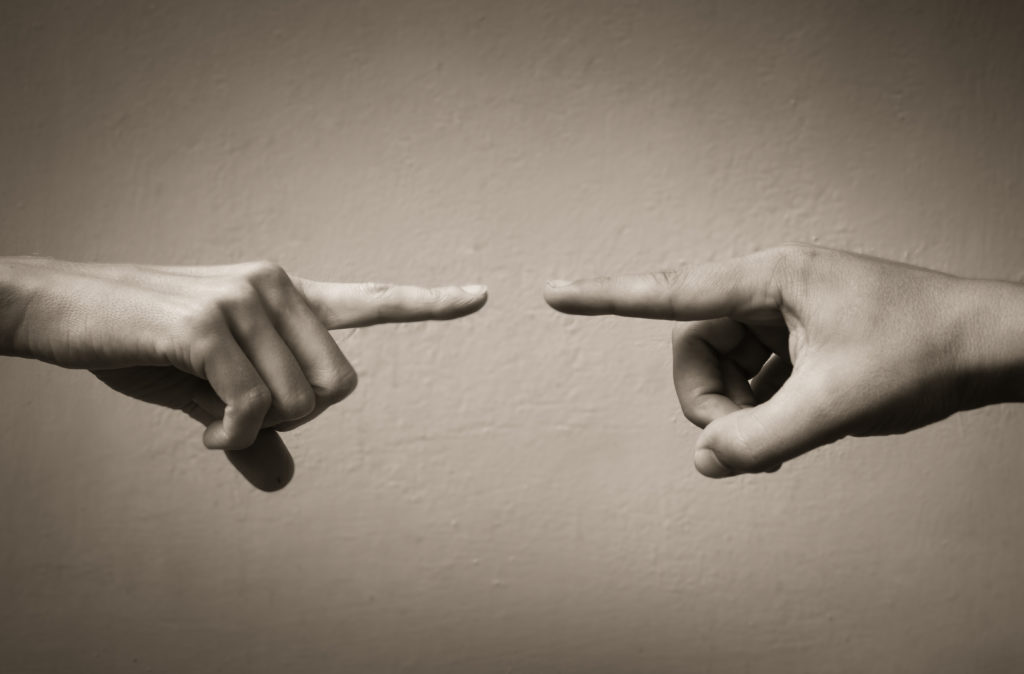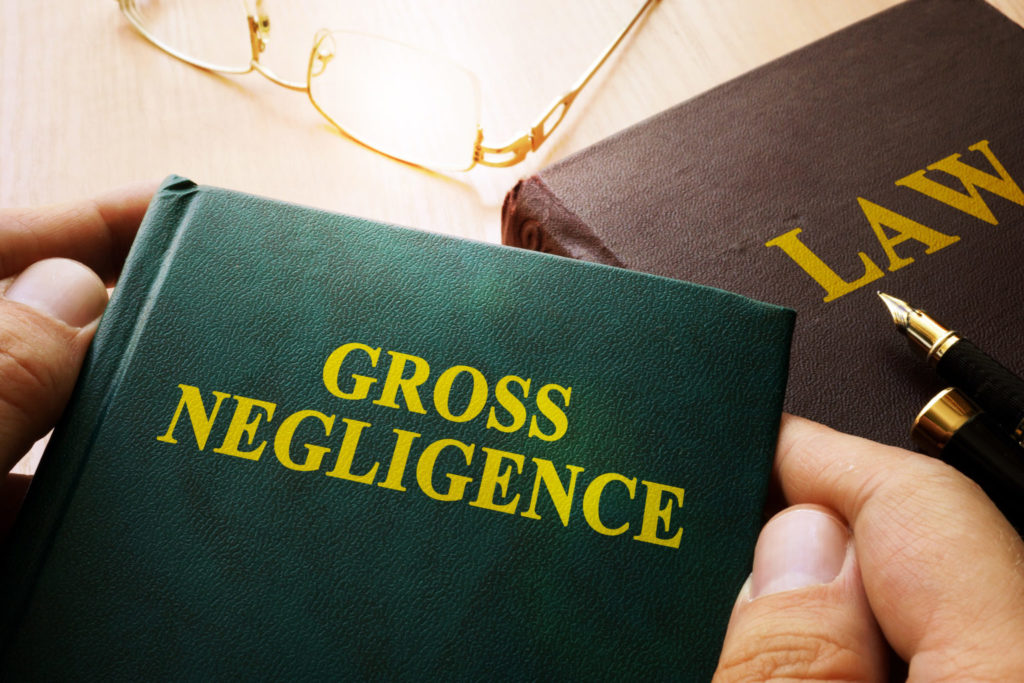
Blog
Types Of Negligence In Florida Personal Injury Cases
Imagine a situation in which you suffer an injury due to the negligence of another individual. While your health and well-being are top priority, it’s also important to learn more about your legal rights and that starts with understanding the many types of negligence that can apply to your Florida personal injury case. Our knowledgeable Daytona Beach injury lawyer at Rick Kolodinsky, P.A. offers an overview on how the different types of negligence can affect your case and compensation.
What is negligence in a Florida personal injury case?
According to the Cornell Law School Legal Information Institute, negligence is best defined as follows:
“A failure to behave with the level of care that someone of ordinary prudence would have exercised under the same circumstances. The behavior usually consists of actions, but can also consist of omissions when there is some duty to act.”
Specifically, there are four elements of negligence:
- Duty: The defendant owed a legal duty to the plaintiff.
- Breach: The defendant breached the legal duty by acting in a negligent manner.
- Causation: The defendant’s actions caused the plaintiff’s injuries.
- Damages: The plaintiff was injured due to the defendant’s actions.
To win your personal injury case, you must be able to prove all four elements of negligence. The inability to do so greatly impacts your ability to obtain compensation. We recommend working with a skilled Daytona Beach injury lawyer experienced in proving negligence in Florida cases.
What is comparative negligence?
Comparative negligence—also known as comparative fault—is used to assign blame to two or more parties based on the level of negligence regarding the incident.
For example, if you’re injured in a motor vehicle accident, the other party’s insurance company may attempt to assign a percentage of the blame to you. They’ll do this even if it’s clear that you were in no way responsible but your injury attorney can collect the right evidence to prove who was to blame.
Specifically, there are three types of comparative negligence:
- Contributory negligence: With this, the plaintiff is unable to collect damages if they’re found to be even a small percent responsible for the accident.
- Pure comparative negligence: Pure comparative negligence means that damages are awarded based on the fault of each individual, as determined by the court system. For instance, you may be 10 percent at fault, while the defendant is 90 percent.
- Modified comparative negligence: There are two types of modified comparative negligence. The first is the “51 percent rule,” stating that the plaintiff cannot recover damages if they’re 51 percent or more responsible for the accident. The second is the “50 percent rule,” meaning the plaintiff cannot recover damages if they’re 50 percent or more responsible for the accident.
Note: Florida is a pure comparative negligence state. So, even if the court finds that you were somewhat responsible for the accident, you can still seek (reduced) damages.
What is gross negligence?
Gross negligence is different from comparative negligence, as this is defined as reckless conduct and/or disregard for the safety of others.
There are many examples of gross negligence, such as those that relate to motor vehicle accidents:
- Driving while under the influence of alcohol or drugs
- Texting and driving (or any other form of distracted driving)
- Excessive speeding or illegal street racing
- Driving the wrong way on a one-way street
With all of these, the defendant made a conscious decision to violate the law and act in a reckless manner that resulted in your accident and injuries.
In the event of gross negligence, you’re in a better position to seek compensation for “punitive damages”. However, keep in mind that the state of Florida has a cap for punitive damages awards: The most you can receive is 3x compensatory damages or $500,000, whichever is greater.
How to win your Florida personal injury case
If you’re injured as the result of another person’s negligence, it’s time to turn your attention to the details above to obtain all the compensation you deserve.
Winning your Florida injury case is dependent on a variety of factors, including but not always limited to:
- Proving negligence: This is where the four elements of negligence come into play. The ability to prove that another person’s negligence caused your injuries is key to winning your case.
- Gathering evidence: Proving negligence often comes down to evidence associated with the accident, such as photos of the scene and a copy of the police report, along with medical documents describing your injuries.
- Building a strong legal strategy: There’s more to obtaining compensation than simply filing an insurance claim and hoping for the best. Consult with an experienced Daytona Beach personal injury lawyer who can communicate with the insurance companies, negotiate on your behalf, and take your case to court if necessary.
Our experienced Daytona Beach injury lawyer can prove any type of negligence
Rick Kolodinsky, P.A. offers 40+ years of experience representing injured accident victims across Florida. Our experienced Daytona Beach personal injury lawyer can help you pursue maximum compensation by proving any type of negligence. We’ll handle the personal injury process for you from start to finish and ensure that you have the right evidence to support your case. If you were injured in an accident in Florida, contact us online or give us a call to schedule a free consultation today.
Categories
Mr. Kolodinsky has been honored by his induction into this prestigious nationwide organization of trial lawyers. Of some 900 lawyers in Volusia Country there are four lawyers so honored.
We don’t sell your information. You can opt out at any time.


